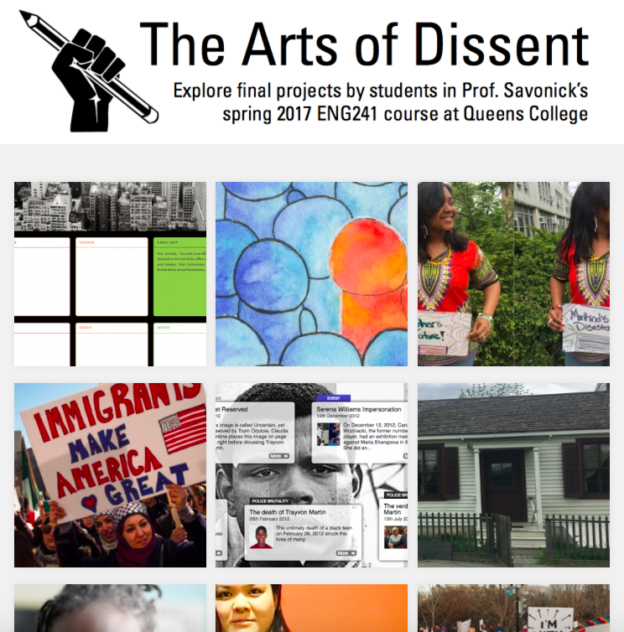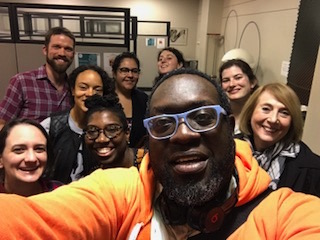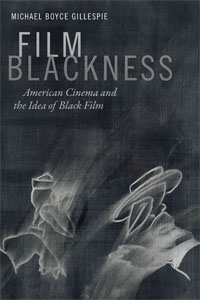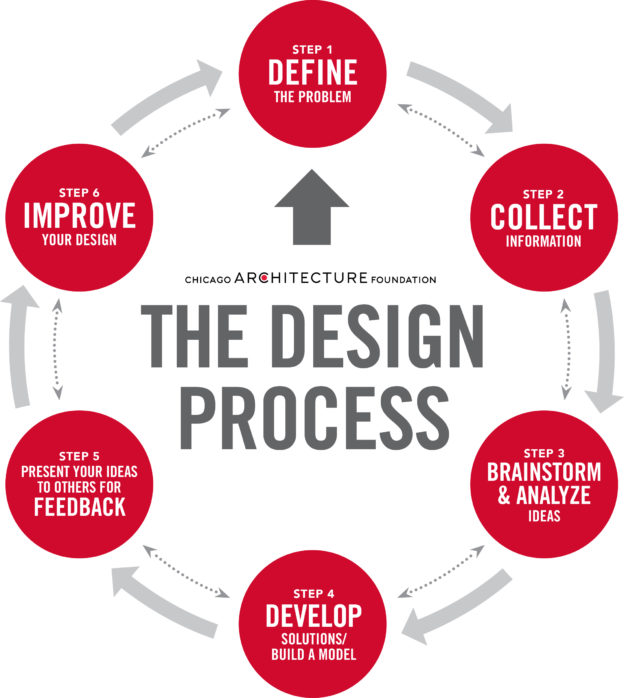Category: Pedagogy
-
Final Projects from Students in The Arts of Dissent at Queens College

This semester students in my ENG 241 course at Queens College took what they learned and co-created their own “arts of dissent”: original websites, videos, timelines, lesson plans, poetry, photography, and drawings. (I’ve included the rationale for this assignment at the bottom of this post.) Want to know what Queens College students think about 2017? They think stereotypes […]
-
“Self-Definition” Lesson Plan
Ms. Perry English Grade Level: High School/College Topic: Social Identity Time Allotment: Class period (40-60 minutes) This lesson plan was inspired by an activity I completed while in middle school. My teacher had each student write his/her name on an index card and then pass it back to the student sitting behind him or her. […]
-
Weeksville Through the Lens of Langston Hughes

Lesson Plan: Grades: 9-12 Lesson time: 40 mins-1 hr (1 class period) Discrimination and racism have been an issue widely discussed […]
-
Class Is Over . . . Its Lessons Live On!

We had our final class last night–and a great class it was. We ended up with excellent food from a great local DR restaurant, a lot of hugs, and one selfie taken by Prof Michael Gillespie with myself and half a dozen of the students. Soon there will be practical, how-to blogs for each of […]
-
Confronting Racist Stereotypes through the “Racial Grotesque”

Below is a recap of a class session taught by Mike Phillips and Katherine Contess for Prof. Cathy Davidson and Prof. Michael Gillespie’s course, “Race and Gender Theory in the Undergraduate Humanities Classroom” at the CUNY Grad Center. All class materials are available for download at the end of the post. Katherine: We decided to assign […]
-
From Playlists To Pathways Towards Mastery

How do playlists help guide learners toward mastery? How do we map the learning pathways associated with the development of expertise and learner identities? As a learning pathway for DiscoverDesign.org and the 2017 National DiscoverDesign Competition, Design Launch will enable design novices to become familiar with the design process, work through two design challenges, and […]
-
Chapter 2: Student Body: What Happens When Teachers and Students Move Together (Review by Christina Bosch)
Part of the Collaborative Book Review of Structuring Equality: Handbook for Student-Centered Learning. The book is available here. This post reviews Chapter 2, “Student Body: What Happens When Teachers and Students Move Together” by Michael Druffel and Kelly Lerash. In “Student Body: What Happens when Teachers and Students Move Together,” Michael Druffel and Kelly Lerash critique traditional pedagogies that perpetuate the traditional […]
-
Chapter 5: Three Problems with Observation (review by James Edmonds)
Part of the Collaborative Book Review of Structuring Equality: Handbook for Student-Centered Learning. The book is available here. This post reviews Chapter 5, “Three Problems with Observation” by Arinn Amer. Arinn Amer articulately lays bare the hierarchical, disciplinarily distinct, and voyeuristic problematics of teaching observations in her chapter, “Three Problems with Observation.” She indicates through both written word and animation the […]
-
Chapter 1: Our Students: Learning to Listen to Multilingual Student Voices (review by Jennifer Roth Miller)
Part of the Collaborative Book Review of Structuring Equality: Handbook for Student-Centered Learning. The book is available here. This post reviews Chapter 1, “Our Students: Learning to Listen to Multilingual Student Voices” by Joshua Belknap. Joshua Belknap, a university writing program administrator, implores faculty, instructors, and tutors to reconceptualize multilingual writers from the common misperception as deficient remedial writers. Instead, […]
-
Chapter 4: The Value of the Non-Evaluative: Rethinking Faculty Observation (review by Lawrence Evalyn)
Part of the Collaborative Book Review of Structuring Equality: Handbook for Student-Centered Learning. The book is available here. This post reviews Chapter 4, “The Value of the Non-Evaluative: Rethinking Faculty Observation” by Erica Campbell. Addressing the problem that “professional development” too often de-prioritizes pedagogy, especially for senior faculty, Erica Campbell provides an inspiring template for observations between colleagues to support ongoing experimentation […]